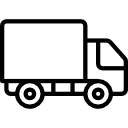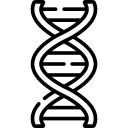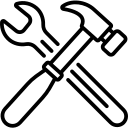Participating Teams
Here you can see an overview of all the TU/e Contest candidates and teams. You can also filter on category, cluster of teams that are still looking for members!
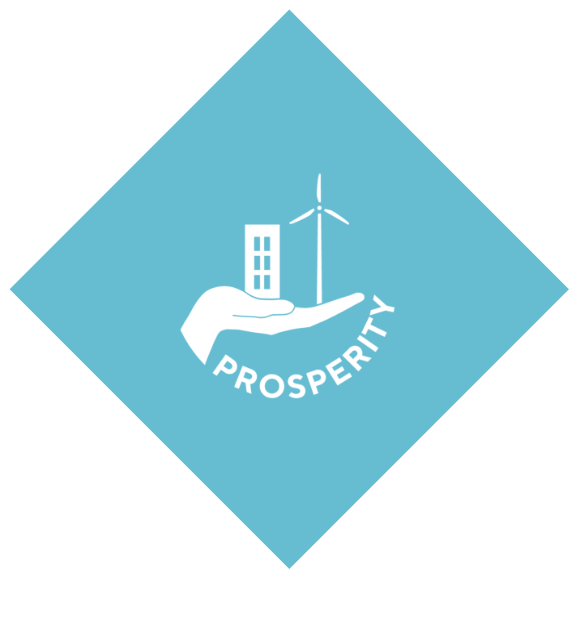
SOLID
Student team SOLID is developing technology to store hydrogen with iron. This way, hydrogen can be stored in a cheap, safe, and compact way, compared to state-of-the-art technologies. Furthermore, the iron can be used multiple times, making it a circular energy carrier that doesn't need any CO2 in its process of storing energy. Currently, our team is building an installation that is able to produce hydrogen from iron and steam. However, we do realize that the iron used in our process ideally shouldn't originate from the mines directly as mining new ores is an intensive process, which can affect the environment of the mine immensely. Therefore we are looking at the possibility to use iron from waste streams to use in our reactor.
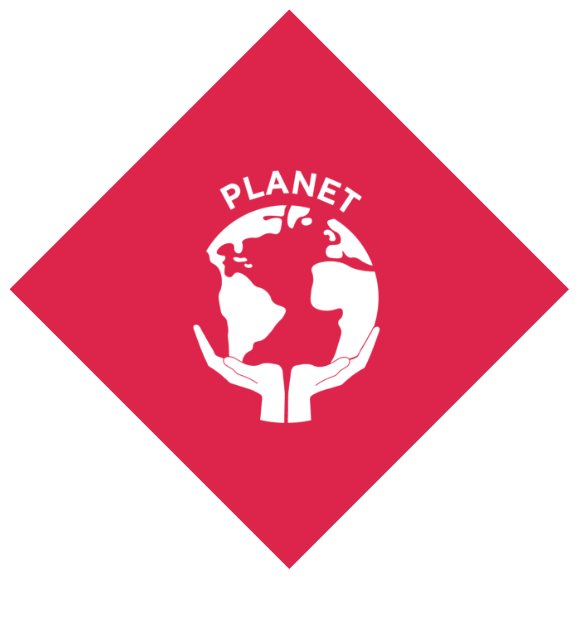

pha-biopolymer
There is a surplus of manure in the Netherlands. Mandatory manure processing is not profitable and needs high subsidies.

CORE CHANGEMAKERS
Globally, over 50 million metric tons of e-waste is generated annually, with only 20% being collected and recycled. The remaining 80% is undocumented and often ends up being traded, dumped, or recycled under poor conditions. Improper treatment of e-waste harms the environment and the health of humans and animals. E-waste contains 60 different chemical elements that spread via water, air, soil, dust, and food, with hazardous elements like lead, mercury, and cadmium posing a particular threat to children. Poor e-waste recycling also results in the depletion of rare and precious materials like gold and platinum, which could lead to shortages and further environmental damage.

SHIFT
Energy production by means of sustainable energy sources is inherently intermittent and fluctuating. This results in an offset in energy demand and energy production. This offset causes the electricity grid to be overloaded so much that these sustainable energy sources are temporarily disconnected, wasting the green energy. The congestion problem restricts energy sources from being connected to the grid. This problem is especially prevalent in the agricultural sectors. Farmers with large stables cannot put solar panels on their roofs, prohibiting them from generating additional income, and severely limiting the sustainable energy generation in the Netherlands, and internationally.
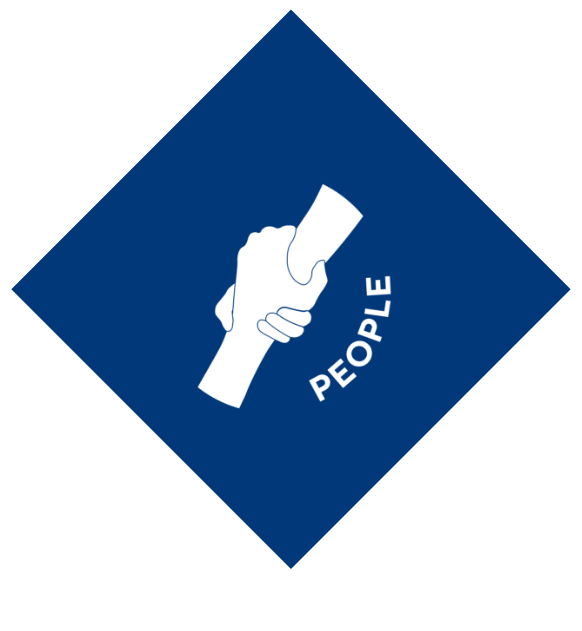
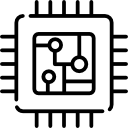
.png)
.png)


